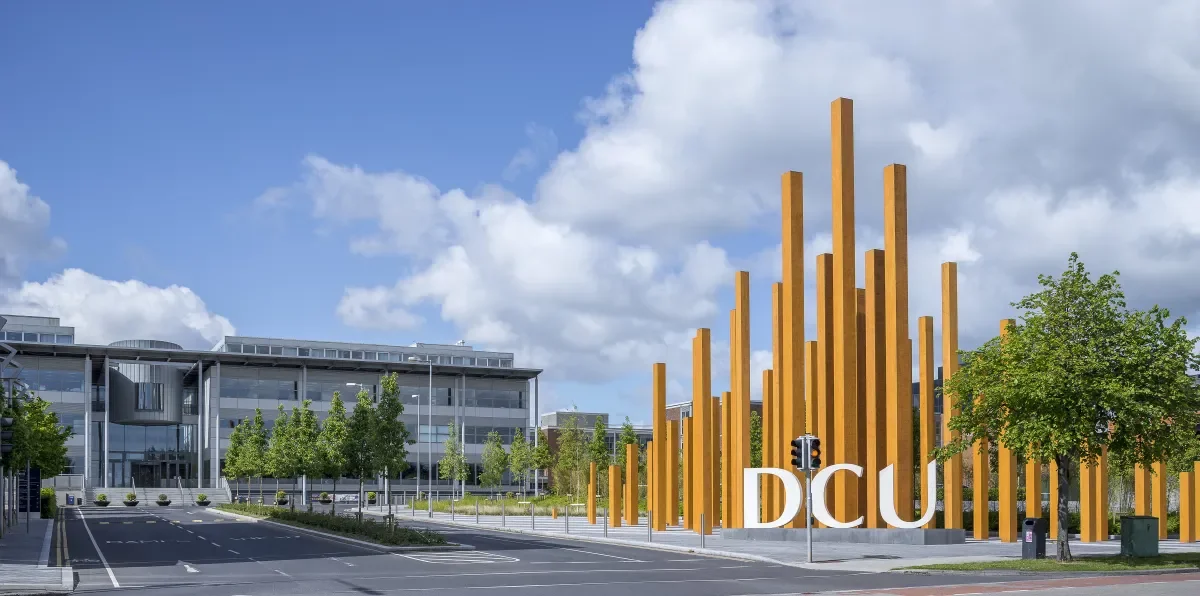

Former UCD President says funding for Ireland's Higher Education is a 'national crisis'
The state of Ireland’s higher education and research system should be viewed as a national crisis, the former President of UCD and current Vice Chancellor of the University of Bristol has said.
In a powerful speech at the British Irish Chamber Expert Policy Series event in Dublin earlier today, Hugh Brady said the “ducking and diving” surrounding the question of investment in Ireland’s higher education must stop.
Mr Brady told his audience he was invited to attend the series and reflect upon the potential impact of Brexit on the UK and Irish higher education systems.
However, he told the audience he was going to extend this analysis back to the beginning of the global financial crisis “as the political and policy responses in the UK and Ireland to these two seismic events – the crash and a looming Brexit – could not have been more different”.
“Relative to other sectors, the UK’s response to the global financial crisis – from a higher funding base than Ireland – was to steadfastly protect its higher education and research budgets.
“Indeed it went further. In 2012, the UK grasped the nettle of not only the quantum of funding required but also the balance between the public and private funding of higher education through the introduction of a student loan scheme.
“Ireland went in the exact opposite direction – major cuts in state funding per student; an unwillingness to grasp the nettle of tuition fees or loans to fill the gap; significant erosion of its research funding base; and significant shackling of university autonomy,” he said.
Mr Brady said this trend has continued since the Brexit referendum more than three years ago, with Ireland ignoring “a long line of reports calling for investment in higher education”.
In the aftermath of Brexit, Mr Brady said as the UK is Ireland’s most significant European research collaborator in terms of funding, publications and citations, he hopes that Ireland “works with the UK, deal or no deal”.
“I’ve heard it said that Brexit offers a great opportunity to Ireland in terms of international student recruitment as Ireland will be the only English speaking country within the EU. Possibly.
“But it should be remembered that the UK is taking mitigation steps to enhance its attractiveness to international students and top European universities in Holland and Scandinavia – many ranked significantly higher than the Irish universities – are now offering an ever-expanding menu of high quality undergraduate and postgraduate degrees taught solely through English.”
He also said that universities in the UK will “find a way” of collaborating with the best in Europe post Brexit.
“Which takes me back to my central point, Ireland’s place in European higher education and research has suffered as a result of the past decade of cuts and lack of investment. It is simply not viewed as attractive a destination for top talent or collaboration as it was before the crash.”
He told the audience Ireland has to take action now, and the state of the country’s higher education and research system “should be viewed as a national crisis”.
“I understand fully some of the factors that conspired to create this crisis – the massive hit taken by the Exchequer – the shackles applied by the Troika. But the Troika is long gone, the economy has recovered, the ducking and diving has got to stop and the lost ground needs to be made up fast.
“Top class education and research costs money. It is a deep pockets game. But it is absolutely key to Ireland’s future,” he warned.
“It is investment in Ireland’s universities today that will ultimately drive the economy that will deliver the taxes to pay for vital public services and infrastructure over future decades.”
In response, Jim Miley, Director General of the Irish Universities Association, said: “Given President and Vice-Chancellor Brady’s experience in both the Irish and UK university systems his comments should act as a wake-up call for all Irish politicians on the continued under investment in Irish universities.
“Hugh Brady set out in very stark terms the comparisons between the level of investment in Irish and UK universities. For example he revealed that by a conservative estimate the University of Bristol probably receives at least 25pc more funding per student than UCD or Trinity. He went on to highlight that the University of Bristol alone secured more European Research Council grants this year than all of the Irish universities put together.
“As the UK Government invests in its universities in the face of Brexit uncertainty, I would urge the Irish government to do the same and use next week’s budget as the first opportunity to act.”
